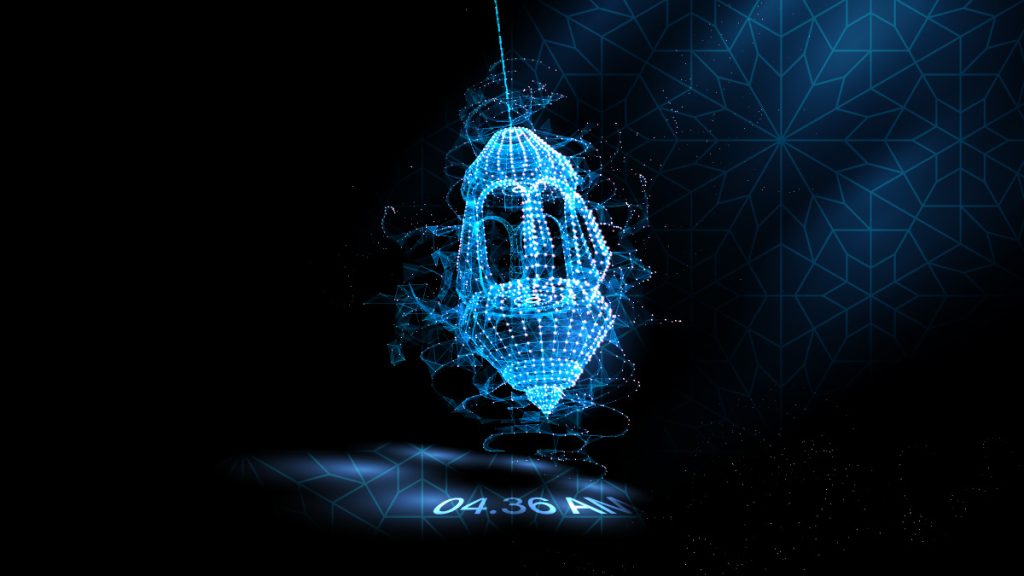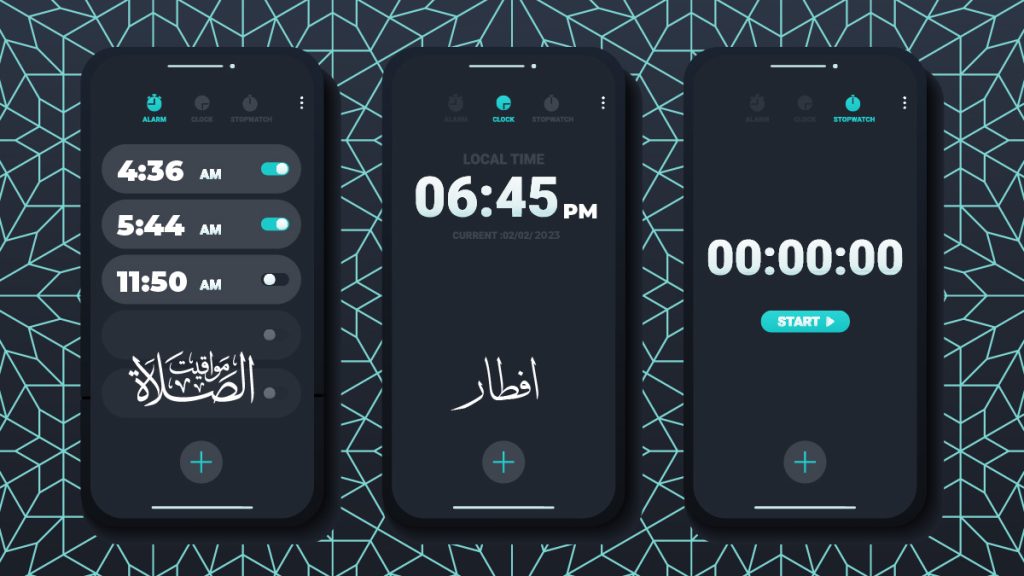
UAE Telco du hoped that digital fasting would help to instill self-reflection during Ramadan.
Not too long ago, one of the highest profile companies in the United Arab Emirates conducted an experiment during Ramadan. The company was Emirates Integrated Telecommunications Company (EITC) and the experiment was for telco du to create a ‘technology fast’ within the Islamic practice of deprivation during this Holy Month.
There was a conviction amongst senior executives at telco du that connectivity, in the form of interaction with social media, was becoming a crutch for many Emiratis from dawn to sunset, defeating the true purpose of fasting; putting oneself in the shoes of a less fortunate person, and experiencing the resultant self-reflection through the lens of faith.
Much of the significance of this experiment may be lost to those not of the faith; here was a telco brand prepared to sacrifice revenue in order to call for a return to a fundamental principle of being Muslim.
As Ramadan practices go, this was a pretty big statement.
Digital Fasting Was So Much More Than a PR Stunt
It was called ‘Digital Fasting’; an example of corporate citizenry underscoring telco du’s commitment as the UAE’s second network operator to ‘put the interests of its customers at the heart of everything they do’, according to the CEO at the time, Osman Sultan.
Under the management of the Chief Marketing Officer Hala Badri (now Director General of Dubai Culture), du found an able accomplice in the form of Omar Bin Haidar, an Emirati who was on the verge of becoming a much sought-after actor. While the sun was in the sky during Ramadan, he was asked to abstain from using his phone, stay off social media, keep the TV switched off, not rely on GPS, take no pictures with his digital camera, avoid the ATM and keep his laptop closed.
Okay, so you might say, What’s the hardship in that, apart from the food and water bit? Especially for a young man who lacks for, well, nothing.
Well, I did a bit research. And I found out the following.
As a general average, we interact with our mobile devices over 2600 times day. That’s about 163 times an hour. Feeling uneasy yet? Try the minute equivalent – almost three times every 60 seconds. 65% of this time is spent on social media.
In every definition of the word, that’s addiction.
An Extreme Modern-day Test of Faith and Discipline
In the GCC, the number of people who drive with their GPS is increasing fast and accelerating past the 50% milestone.
Digital camera? Who doesn’t have a digital camera?
ATM? What? I can’t even draw or deposit some cash? Nope. Can I even tap my card to pay for something or shop online? Uh-uh.
And what about laptops? No again, not if you’re going to go online or use your email.
Absolutely no interface with any format of telecommunications technology.
Think you can do all that? Either during this profound time of fasting or at any other time?
Omar Bin Haider did. And his Ramadan journey was chronicled in five webisodes of Digital Fasting.
I remember watching him as the sun dipped below the horizon on the first day. He did two things. He turned on his phone. And he ate a date which, for those of you unfamiliar with the fasting ritual, is how many people break their fast. The look on Omar’s face when he tasted the natural sugar he needed from the date was nothing compared to the smile on his face when hearing the chimes from his phone, letting him know how many messages he had received. It was the probably the sweetest sound he can remember hearing.

During this period of abstinence from technology, I can recall him sitting down and using pen and ink to write a letter to an old friend. And developing some film from his camera in a dark room. Or preparing a huge pot of Harissa for a group of labourers one evening as an Iftar gift.
And there were lots more instances where he just did stuff he wouldn’t have done had he not deprived himself. The profundity of the experiment was not in these little things. The profundity was watching Omar steal back the time the digital age had stolen from him to think and reflect, to listen and hear, to conceive and create.
Final Thoughts
Amongst those of you still with me, some are undoubtedly wondering why you’ve wasted valuable minutes on a business platform reading about something which has no business insight beyond the marketing savvy of a telco operator. Well, being a constant devourer of data myself, I’m in no position to preach. So perhaps this is just a reminder that whilst it’s easy to nod one’s head in agreement that we’re all addicted to whichever technology lets us communicate, or informs, or entertains; perhaps we should think about exercising more than just the neck muscles it took to nod, or the thumb muscles it took to read this article.
Digital Fasting was a simple exercise to determine what we already know. We perceive much of the technology we can access so easily as a gift. But it comes at a price.
A famous Norwegian Historian and Nobel Laureate once remarked, “technology is a useful servant, but a terrible master”.
Do his words mean anything less because Christian Lous Lange uttered these words a hundred years ago?
Inside Telecom provides you with an extensive list of content covering all aspects of the tech industry. Keep an eye on our Operators section to stay informed and up-to-date with our daily articles.